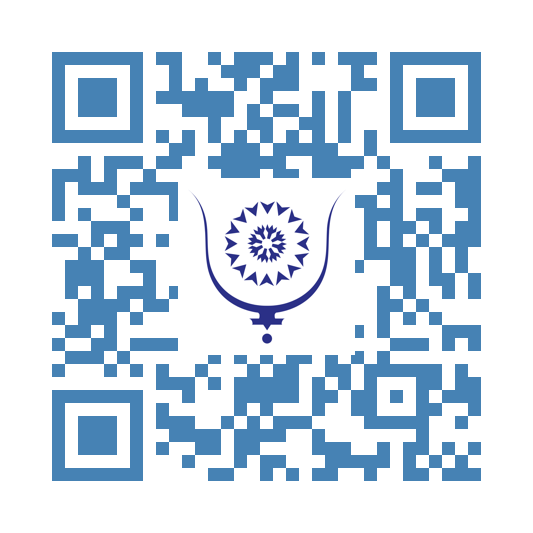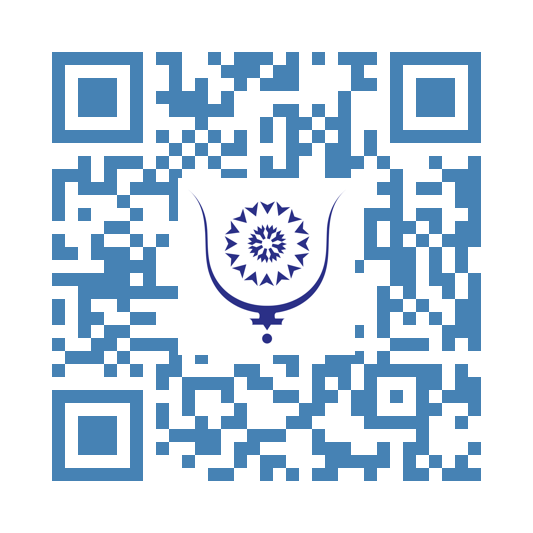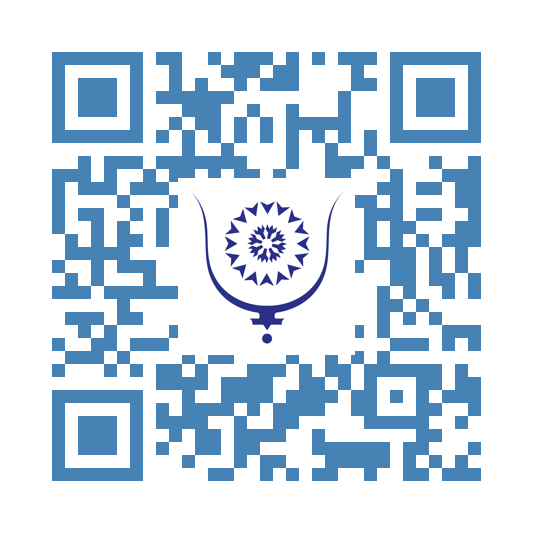Learning Hypovolemic Shock in a Hard Way (or so I Thought)
6357
A few days ago, I suddenly felt cold after losing quite an amount of blood in the bathroom. I thought it was nothing unusual, but then I noticed the blood came out like water running down a faucet. I was not sure how much fluids I had lost, but a few seconds long was enough to know how bad it was. Before bed, I decided to search the web to satisfy my curiosity about my condition. Assuming to find common medical issues, I found out about a serious medical condition called "Hypovolemic Shock." The details are shocking and, without a doubt, mortified me. Thankfully my case was not severe (if not unrelated at all). I recovered in about 22 hours, although I had some headaches and numbness that went away by the next night. After recovering from the frightening experience, I was compelled to learn more about the condition, which led me to some surprising discoveries about hypovolemic shock.
Disclaimer: This is just an overview of the topic I wrote for fun. If you want validation about your condition, please contact professional medical help.
After reading several medical articles through the internet, I learned that hypovolemic shock is a serious condition caused by losing quite amount of blood or fluids within your body, and it is wise to quickly contact medical emergency as the condition poses a life-threatening risk. Hypovolemic shock can be divided to hemorrhagic and non-hemorrhagic type. Hemorrhagic shock happens when you lose fluids through serious blood loss, such as open wounds, internal bleeding, and childbirth. Meanwhile, non-hemorrhagic shock results from losing body fluids through other means, such as dehydration, diarrhea, and vomiting. Regardless of the difference, losing a lot of fluids can prevent the heart from sending blood through your body to function, which can lead to organ failure. Surprisingly, hypovolemic shock is the second most common shock, following distributive shock, and it commonly happens to children in developing countries, often due to diarrhea.
Now, losing blood and other fluids is normal in everyday life without causing big side effect. Small losses, like from a small cut, nosebleed, or brief diarrhea, usually resolve on their own without causing bad effects. Generally, a person can lose about 14% of blood with no major side effects except perhaps for slight dizziness. And speaking of which, on average, men have more blood compared to women, while children, who have much less, are more vulnerable to the negative effects of blood loss. Since each individual has different amount of blood in them, it is important to measure the blood loss using percentage of the total blood volume in your body.
One of the function of blood is to control body temperature (thermoregulation.) The body regulates the heat distribution by controlling the speed of the blood flow to and within the skin, either by narrowing or widening the blood vessels. When it is hot, the body widens the blood vessel (vasodilation) to cool down and release heat faster from the skin. Meanwhile, when it is cold, the body narrows the blood vessel (vasoconstriction) to keep the heat. When the amount of fluids is low, the body automatically narrows the blood vessels to keep the pressure normal and focus on distributing the blood to vital organs.
What will happen when you lose more than 14% of blood? The quick answer is; you will start to experience the effect of blood loss. Depending on how fast you lose the fluids, you may feel tired and weak, with rapid breathing and pale skin, to more serious symptoms such as the decreased amount or no urine output, hypothermia, and unconsciousness. When the blood loss reaches more than 14%, hypovolemic shock will set in.
Depending on how much blood percentage you have lost, hypovolemic shock can be separated into 4 stages:
- The 1st stage: when you lose about 15% of your blood (around 750 mL.) At this stage, the symptoms have not occurred yet, and your heart rate and blood pressure may stay normal.
- The 2nd stage: when you lose about 15% to 30% of your blood (around 750 mL to1,500 mL.) During this stage, the heart rate increases and breathing quickens as the blood vessels narrow to stabilize the pressure.
- The 3rd stage: when you lose about 30% to 40% of your blood (around 1,500 mL to 2,000 mL.) At this stage, your blood pressure drops while your heart rate and breathing are getting faster. You begin to produce less to no urine output as the body tries to reserve the remaining fluids.
- The 4th stage: when you lose about 40% or more of your blood (around 2,000 mL or more.) At this stage, your condition is at its critical and immediate professional attention provide slight survival chance. Your blood pressure is severely low, heart rate and breathing are high, urine output is absent, and organ failure is likely to happen and can become fatal.
Hypovolemic shock is dangerous and needs immediate medical attention. In treating hypovolemic shock, medical help will try to replace the fluids you have lost using one or more IV (intravenous) lines, which is that long tube with a needle injected into your vein, and seal up the source of the fluid loss, such as open wound. Recovery time also takes some time and it is varied for each individual, depending on age, condition, and the severity of the shock. During recovery, you should listen to your health provider, and tell them your recovery progress so that they know your treatment goes to the right way.
To sum it up, hypovolemic shock is a dangerous medical condition that we should never ignore, but understanding the signs can make a great difference. When blood or fluids loss persists longer than it should, contacting medical help can prevent unwanted experience to happen. And for my experience, I am grateful that my condition was not that alarming to demand me get out of bed in the middle of the night and call for an ambulance. This event, however, became a warning to keep an eye on my fiber intake more carefully and how important it is to take care of myself. For now, it is safe to say that I have survived my recklessness and ignorance for another day.
Cheers.
-Silver-
Share:
Learning Hypovolemic Shock in a Hard Way (or so I Thought)
copy:
https://bluwr.com/p/26744156
































